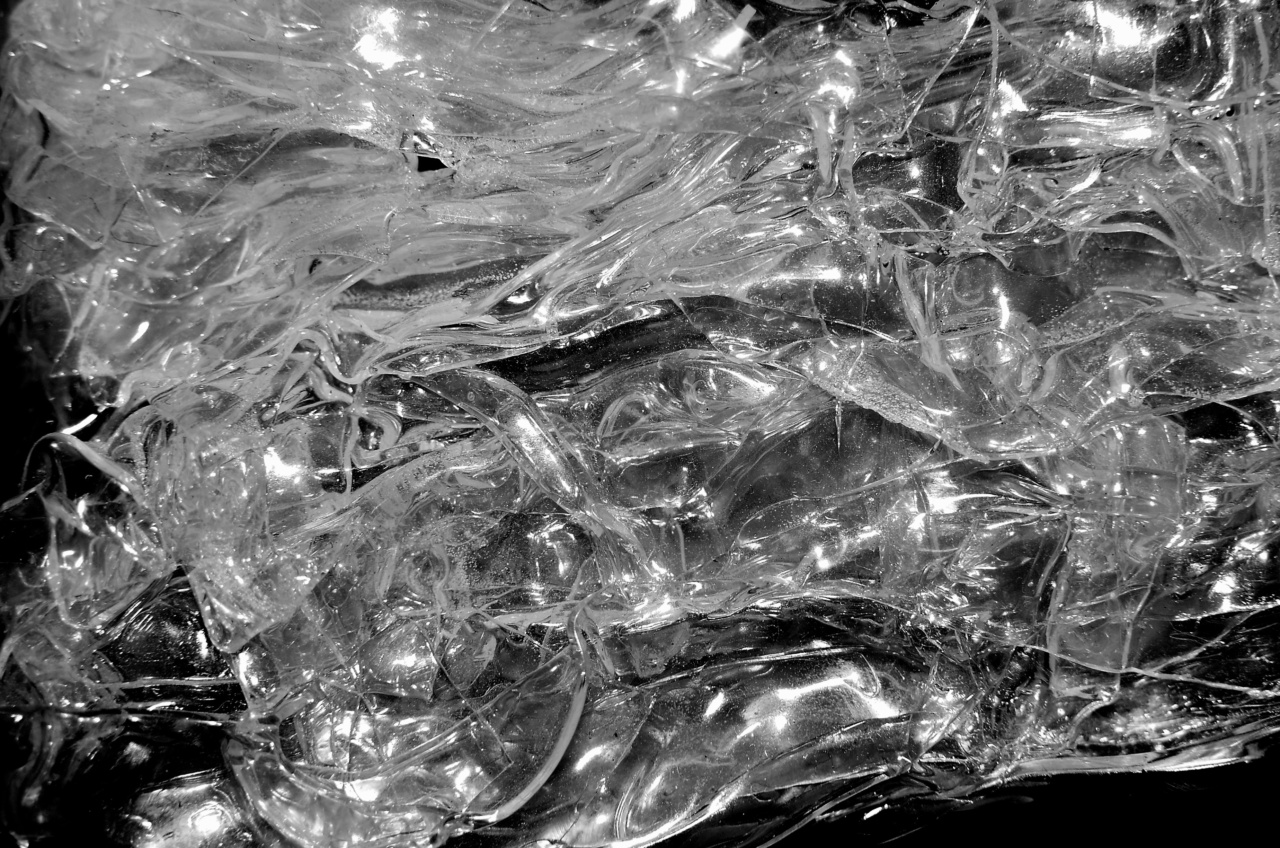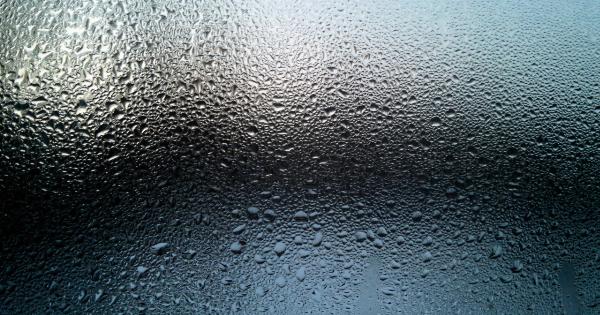Fluid retention, also known as edema, occurs when excess fluid builds up in the body’s tissues. This can cause swelling in the legs, feet, ankles, and hands.
While it is often just a temporary problem, chronic fluid retention can indicate an underlying health issue.
1. Increase Water Intake
It may sound counterintuitive, but staying hydrated can actually help reduce fluid retention. When the body is dehydrated, it tends to hold onto water as a protective mechanism.
By drinking more water, you are signaling to your body that it is okay to release excess fluids.
2. Reduce Sodium Intake
Sodium, commonly found in table salt and many processed foods, is a major contributor to fluid retention. High levels of sodium cause the body to retain water, leading to swelling and bloating.
Limit your salt intake by avoiding packaged snacks, fast food, and canned goods. Instead, opt for fresh, whole foods and season your meals with herbs and spices.
3. Eat Foods with Natural Diuretic Properties
Certain foods have natural diuretic properties, meaning they can help increase urine production and reduce fluid retention. Some examples include celery, cucumber, watermelon, lemon, parsley, and ginger.
Incorporate these foods into your diet to promote healthy fluid balance in the body.
4. Engage in Regular Exercise
Physical activity is essential for maintaining overall health and can also help alleviate fluid retention. Exercise improves blood circulation, which aids in the removal of excess fluids from the tissues.
Aim for at least 30 minutes of moderate-intensity exercise, such as brisk walking or cycling, on most days of the week.
5. Elevate Your Legs
If you experience fluid retention in your legs or feet, elevating them can help reduce swelling. Lie down and prop your legs up on a few pillows or use a reclining chair to elevate your feet above heart level.
This position promotes better circulation and encourages stagnant fluids to drain away.
6. Use Compression Garments
Compression garments, such as stockings or socks, can provide external pressure to the legs and help prevent fluid accumulation. These garments work by improving blood flow and reducing swelling.
Consult with a healthcare professional to determine the right level of compression and type of garment for your needs.
Conclusion
Fluid retention can be a bothersome condition, but it can often be managed with simple lifestyle changes. By incorporating these natural remedies into your routine, you can promote healthy fluid balance and reduce swelling.
Remember to consult with a healthcare professional if you experience chronic or severe fluid retention, as it may be a sign of an underlying health issue.































